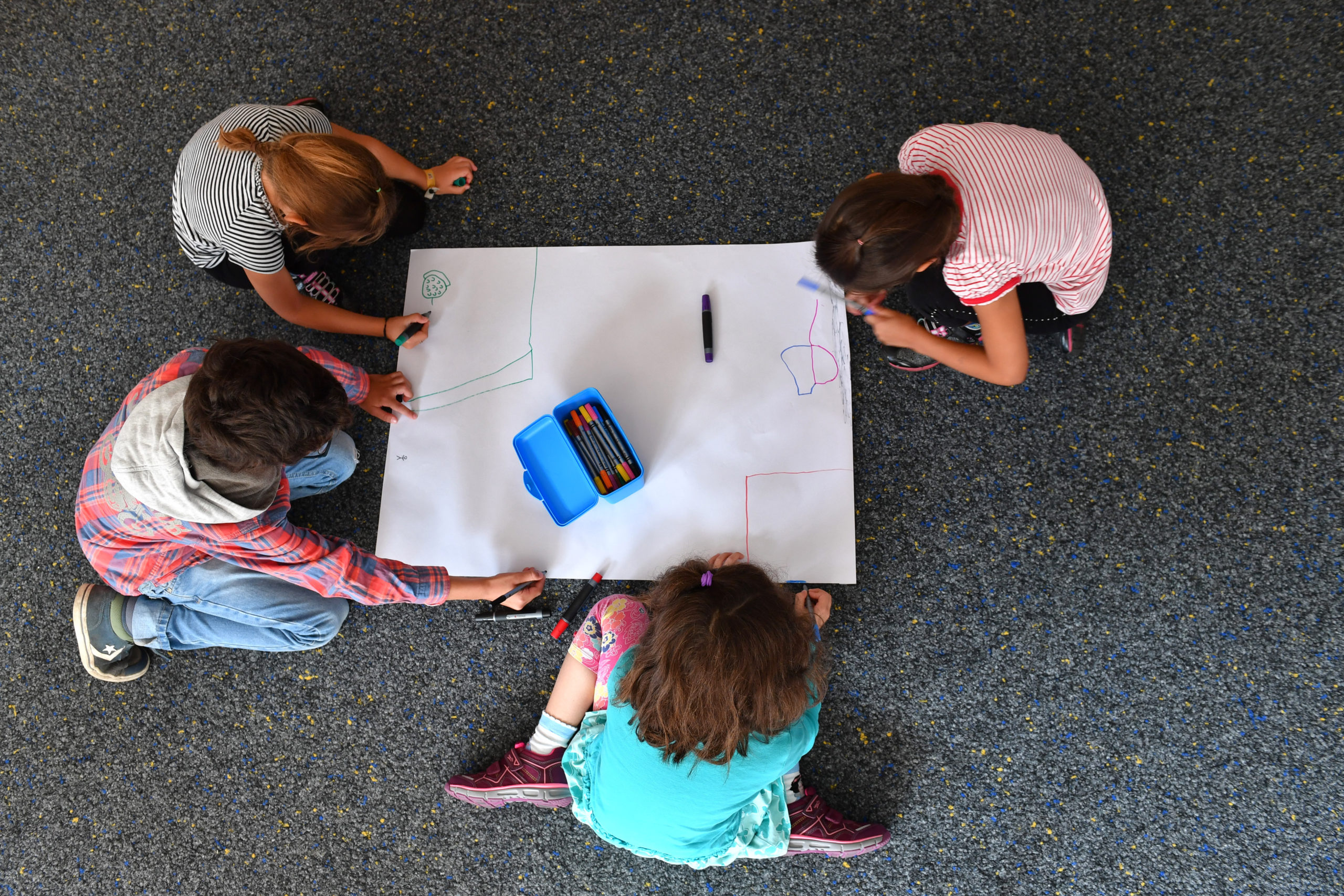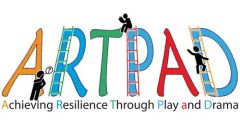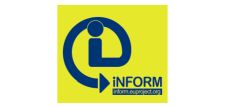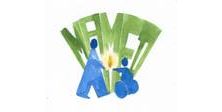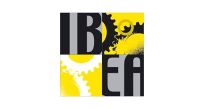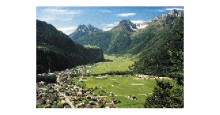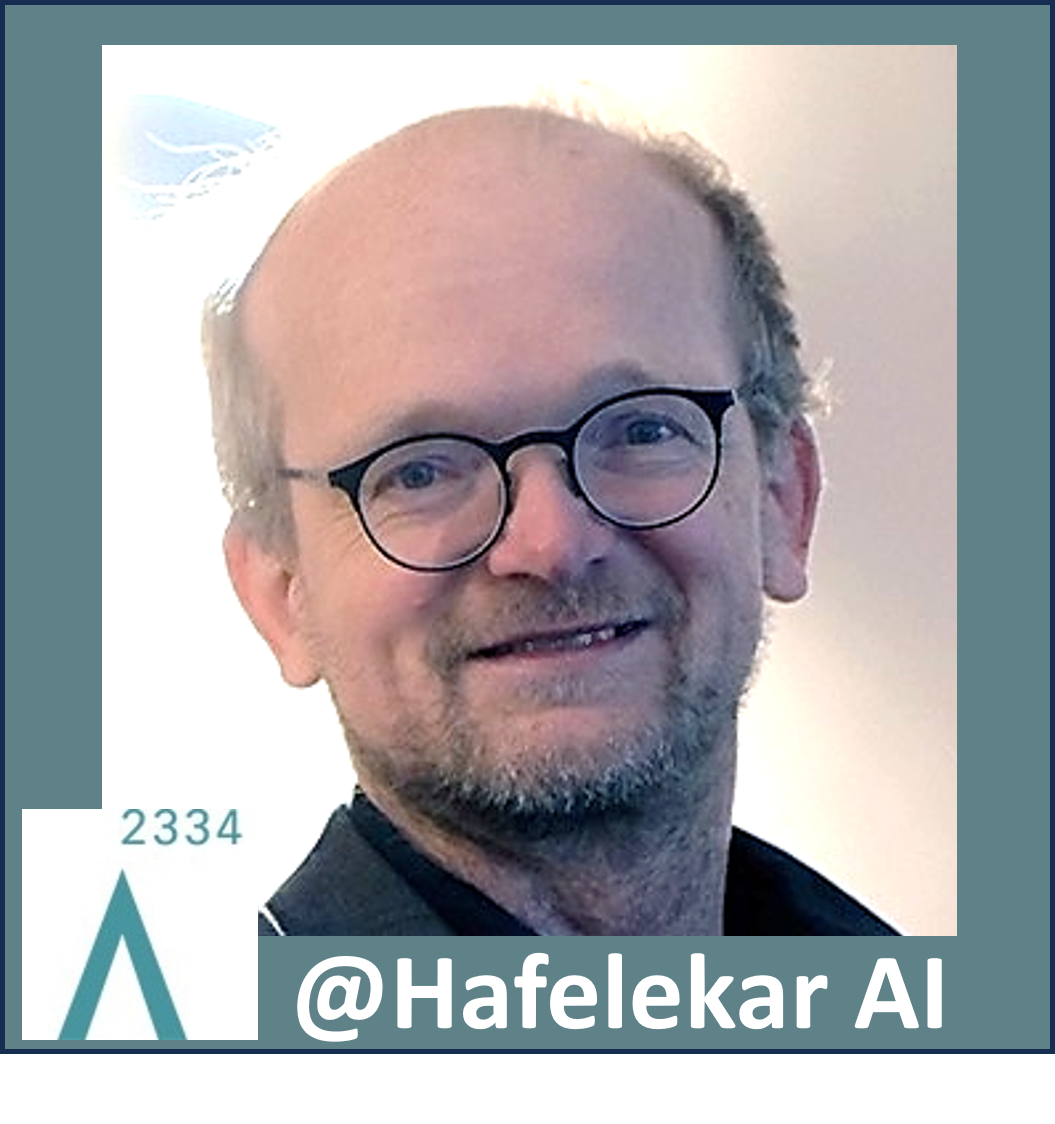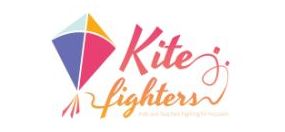
Kids and Teachers Fighting for Inclusion
The aim of the project is to assist pedagogues working with young people, with a focus on diversities, to strengthen social inclusion, and promote peer-to-peer communication and team building.
Innovative methods and tools for teachers and students will be developed to prevent bullying situations and the escalation of conflicts at school:
- Equip teachers with tools to enhance their capability to support students, promoting their mental health and emotional intelligence development.
- Enable teachers to use creative and innovative methodologies as symbol work, storytelling, folk tales and other non-formal education approaches.
- Support schools to tackle early school leaving (ESL) and disadvantage and to offer quality education, enabling success for all students.
- The main overall objective is to strengthen social inclusion skills of kids and teachers.
Aims & Objectives
- Development of the “KITE-FIGHTER TOOLKIT”: a collection of different tools, games and exercises, which teachers can use. It will include storytelling, symbol work and folk tales exercises
- Elaboration of a CURRICULUM and TRAINER’S GUIDE for a teacher training, to empower teachers to use the Kite-fighter toolkit techniques, and develop new professional and socio-emotional skills
- Organization of MULTIPLIER EVENTS and ACTIVITIES as well as delivering a set of MINI-TRAINING EVENTS to empower local teachers and youth workers to use the KITE-fighter toolkit.
Project duration
September 2019 till April 2022
Web
Homepage: www.kitefighters.eu
Facebook: www.facebook.com/KITEfightersproject
Project Partners
- Rogers Foundation for Person-Centred Education (Hungary) – Coordination
- ACTIVE CITIZENS PARTNERSHIP (Greece)
- CESIE (Italy)
- Hafelekar Unternehmensberatung (Austria)

This project has been funded with support from the European Commission. This communication reflects the views only of the author, and the Commission cannot be held responsible for any use which may be made of the information contained therein.

